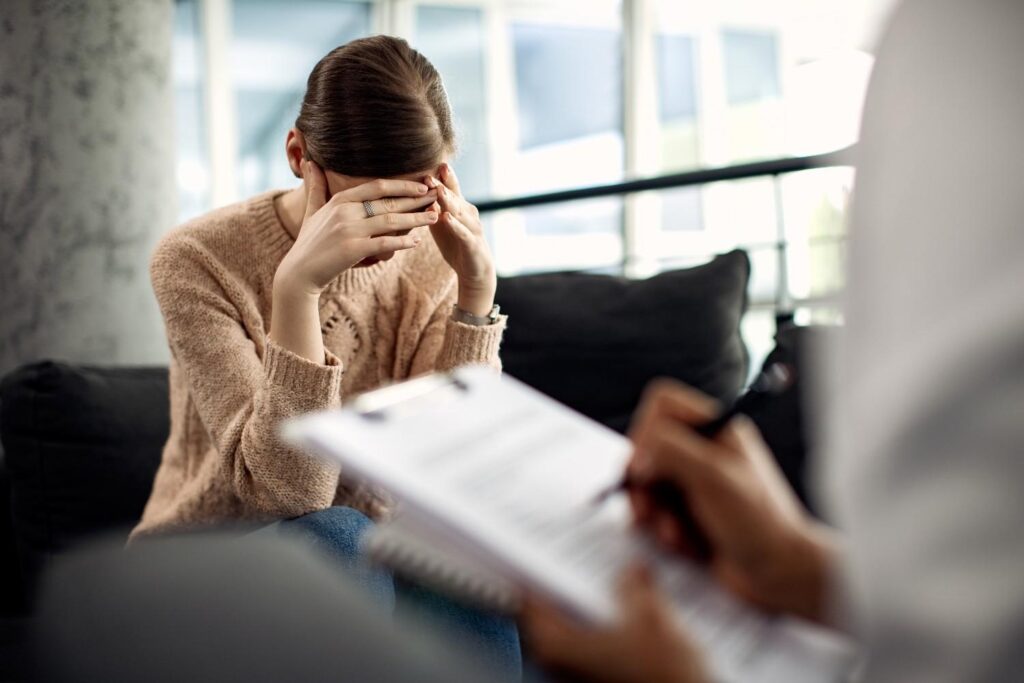Depression

Depression is a common mental health condition that affects how a person feels, thinks, and behaves. It causes persistent feelings of sadness, hopelessness, and a lack of interest in daily activities. Depression is more than just feeling down for a few days—it can last for weeks, months, or even longer and can interfere with daily life.
People with depression may feel tired all the time, have trouble sleeping or sleep too much, lose interest in things they used to enjoy, and find it hard to concentrate. Some may even have thoughts of self-harm or suicide. It’s important to know that depression is treatable, and help is available.
The exact cause of depression is not always known, but it can be linked to a combination of factors such as genetics, brain chemistry, life events, and medical conditions.
People with depression may feel tired all the time, have trouble sleeping or sleep too much, lose interest in things they used to enjoy, and find it hard to concentrate. Some may even have thoughts of self-harm or suicide. It’s important to know that depression is treatable, and help is available.
The exact cause of depression is not always known, but it can be linked to a combination of factors such as genetics, brain chemistry, life events, and medical conditions.
Treatment Options for Depression:
- Counseling and Psychotherapy: Talking to a therapist can help people understand their feelings, learn coping skills, and make positive changes in their thoughts and behavior. Cognitive Behavioral Therapy (CBT) is one of the most effective types of therapy for depression.
- Medications: Antidepressants can help balance chemicals in the brain that affect mood. These medications should always be taken under the guidance of a doctor.
- Lifestyle Changes: Regular exercise, a healthy diet, enough sleep, and reducing stress can improve symptoms over time.
- Support Systems: Talking to family and friends and being part of a support group can make a big difference.
- Mindfulness and Relaxation: Practices like meditation, deep breathing, and yoga can help calm the mind.
